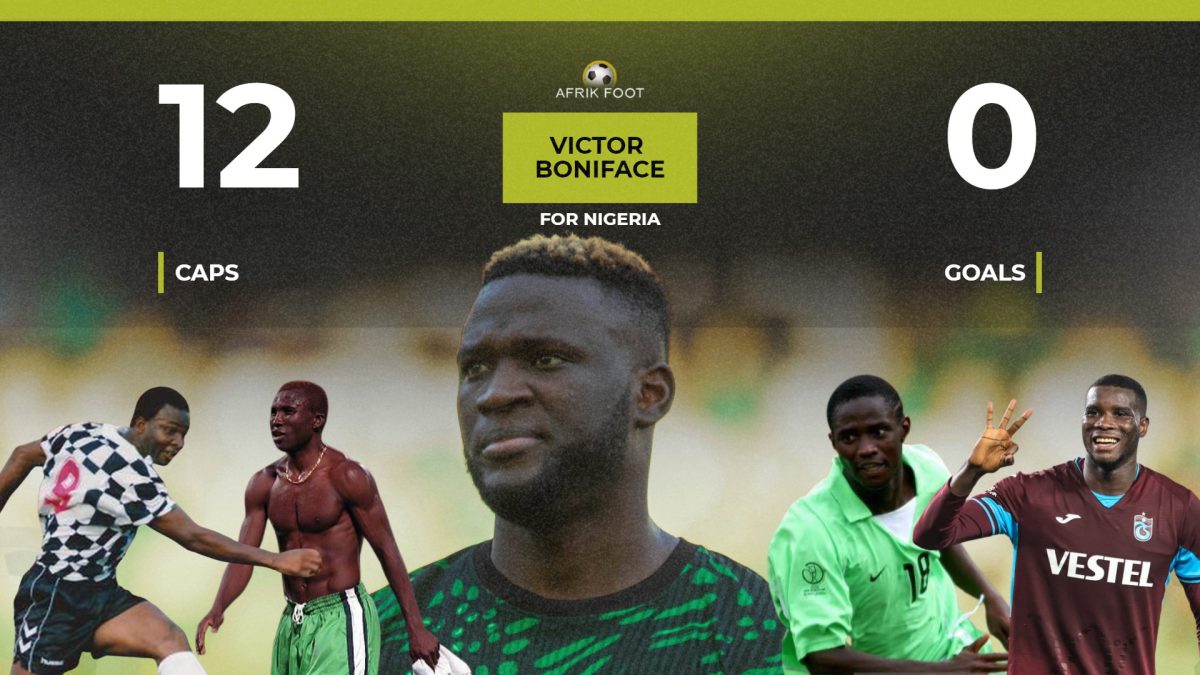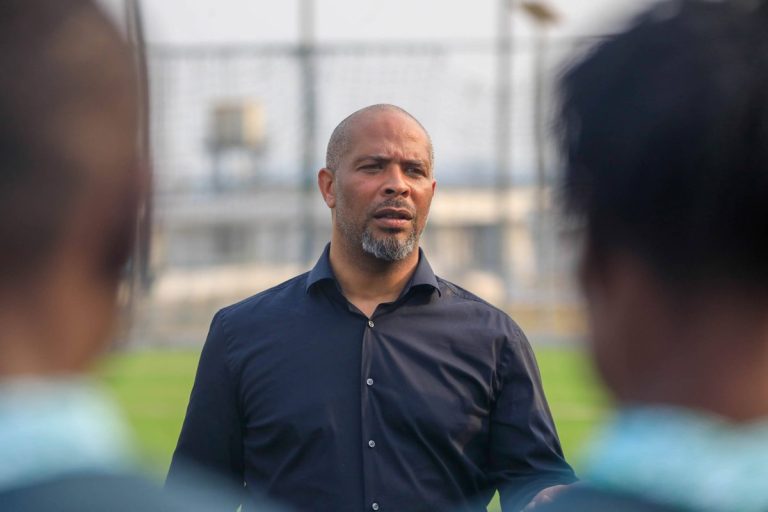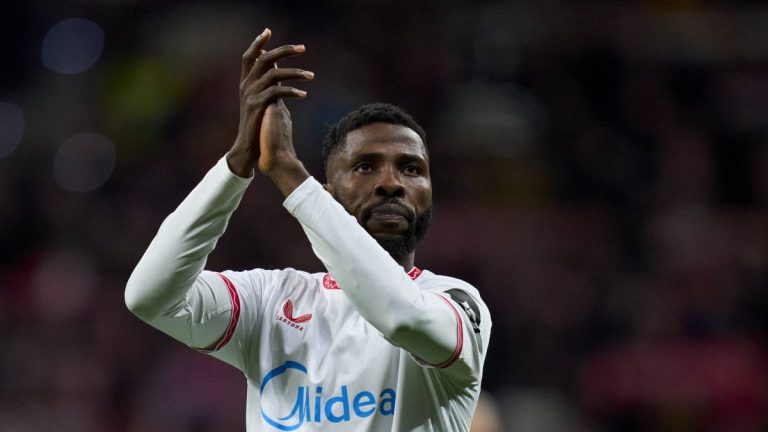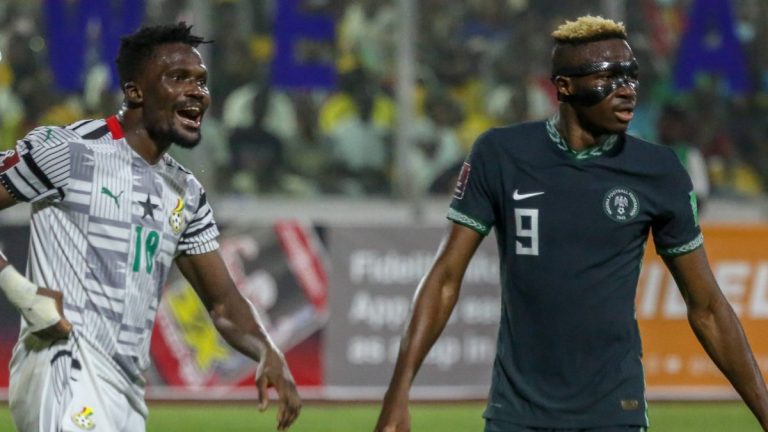Super Eagles forward Victor Boniface played a starring role in Bayer Leverkusen’s 3-1 win over Bochum on Friday night at the BayArena. The Nigerian striker, who has been in and out of Xabi Alonso’s starting lineup in recent weeks, repaid his manager’s trust with a well-taken goal to break an eight-match duck.
However, the reaction from Nigeria fans was anything but celebratory, with many quick to call out Boniface for his underwhelming performances in national team colors. Just days before his heroics in Germany, the 24-year-old struggled to make an impact for the Super Eagles in the March international window.
The contrast in his form for club and country sparked heated discussions online, with many questioning Boniface's commitment and suitability for the national setup.
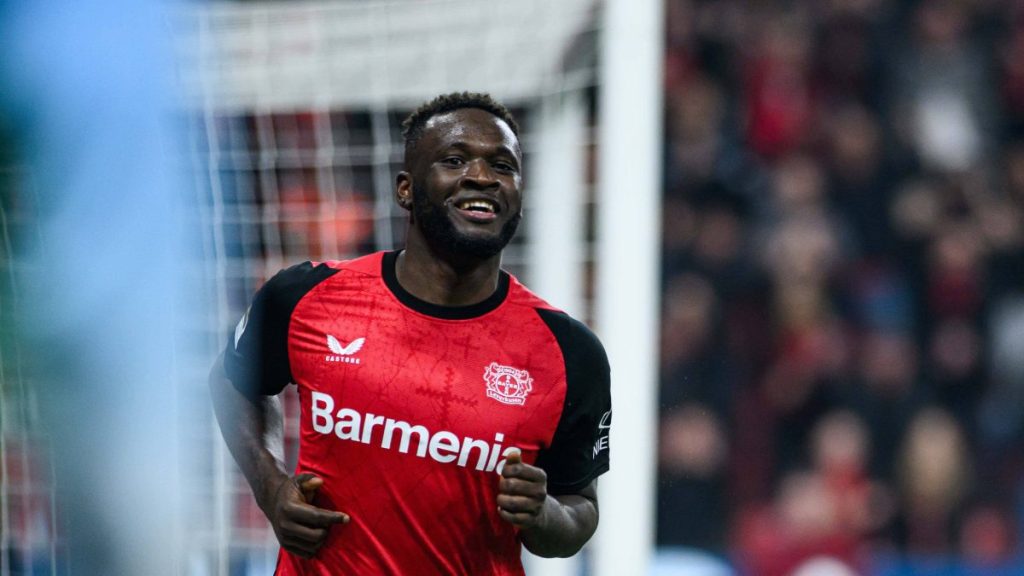
Boniface is not alone in this predicament. Over the years, several Nigerian forwards have dazzled at club level but failed to replicate their performances for the national team. Here are four other players who suffered similar fates.
Paul Onuachu
A contemporary of Boniface, Onuachu was a goal machine in Belgium, winning the league’s top scorer award and Player of the Year accolades with KRC Genk. His towering frame, aerial dominance, and knack for scoring goals made him one of the most feared strikers in European football.
Despite his club success, the 30-year-old has struggled with the Super Eagles. In 25 appearances, he has managed only three goals, far from the prolific numbers he posted in Belgium, Denmark, and Turkey.
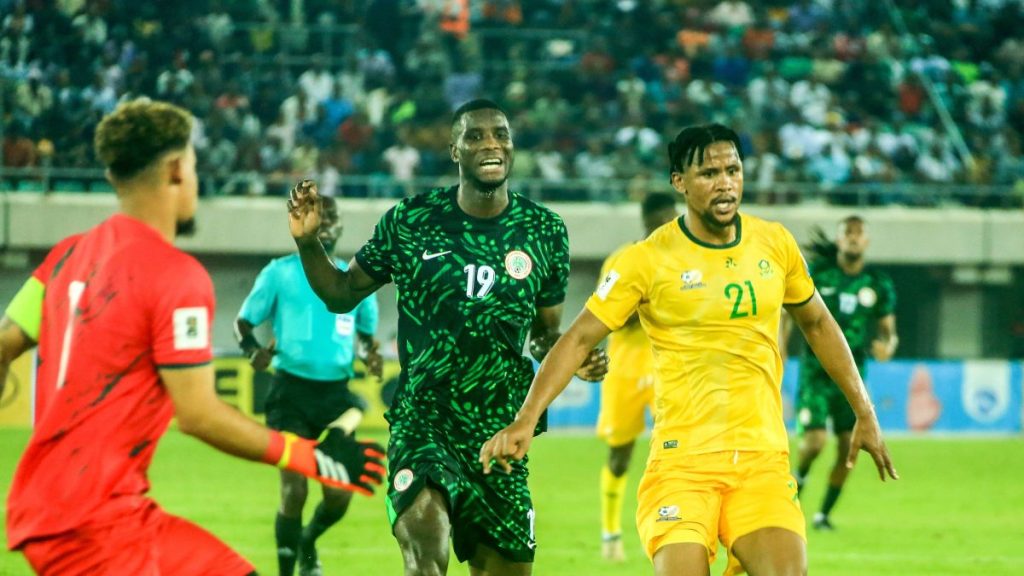
Many attribute his struggles to Nigeria’s playing style, which does not favor his hold-up play and aerial prowess. While he remains an option, he has yet to justify the hype when donning the green and white jersey.
Jonathan Akpoborie
Akpoborie made his name in Germany, much like Boniface has, excelling with clubs like Hansa Rostock, VfB Stuttgart, and Wolfsburg. He was a reliable goalscorer in the Bundesliga and even shone in European competitions.
However, at the international level, his impact was minimal. Despite playing in five of Nigeria’s six 1998 World Cup qualifiers and being one of the top performers in the UEFA Cup Winners’ Cup, he was mysteriously left out of the squad for the World Cup in France.
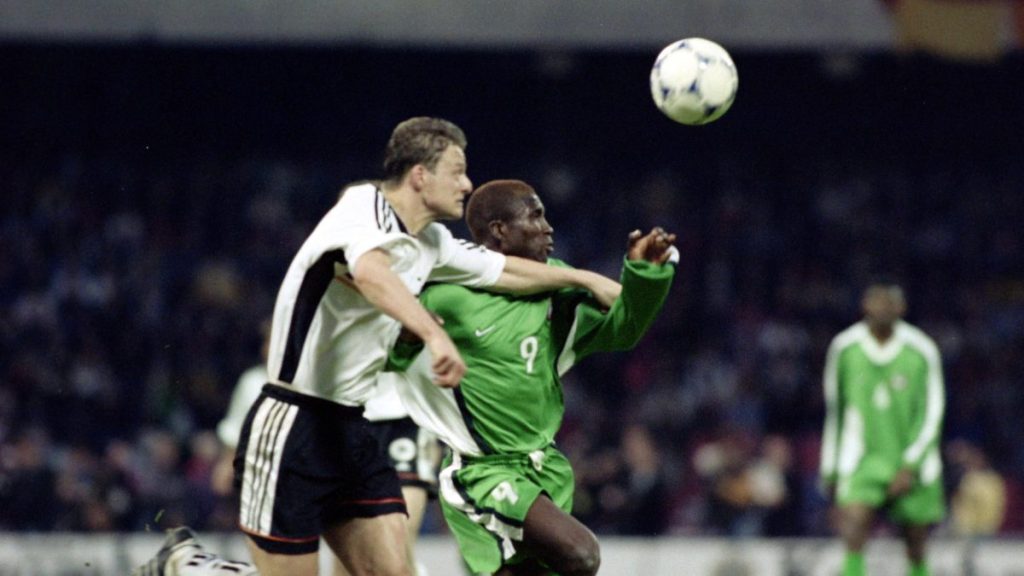
To this day, the reason behind his omission remains unclear, making him one of Nigeria’s biggest ‘what ifs’ in football history.
The 56-year-old scored four goals in 13 appearances for the Nigerian national team.
Richard Owubokiri
Ricky was a household name in Portugal, where he dominated with Boavista. He had a sharp eye for goal and was a nightmare for defenders in European club football.
However, when it came to the national team, Owubokiri never quite found his groove. In much the same way that the viability of a Boniface and Victor Osimhen link-up for Nigeria is questioned, there was often a perception that Ricky could not coexist with Rashidi Yekini, who was the undisputed no.9 under erstwhile Super Eagles coach Clemens Westerhof.
He neertheless went on to earn 23 caps for the Nigerian national team between 1982 and 1992, scoring a single goal. This goal came during a 4–0 victory over South Africa in a 1994 FIFA World Cup qualifying match at Lagos National Stadium on October 10, 1992.
4. Benedict Akwuegbu
Akwuegbu carved out a respectable club career, particularly in Austria, where he won the Bundesliga and Cup with Grazer AK. He also had stints in Germany and China, proving his versatility and goal-scoring ability.
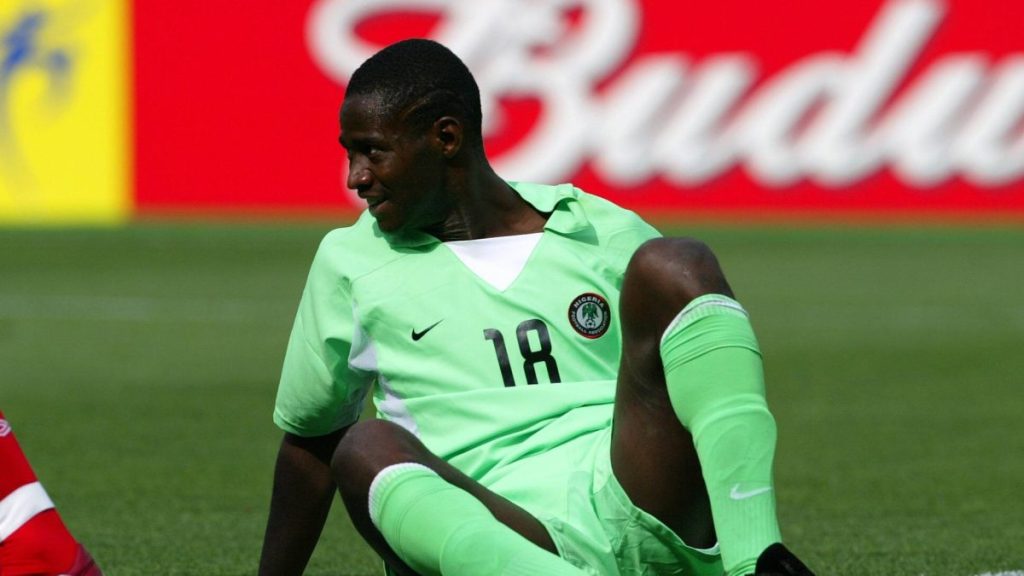
Despite his achievements abroad, the Lagos-born forward never cemented his place in the Super Eagles setup. He was part of the squad for the 2002 World Cup but played a minor role.
With competition from strikers like Julius Aghahowa, Yakubu Aiyegbeni, and Obafemi Martins, he was often overlooked, and his international career never hit the heights expected of him.
Akwuegbu represented the Nigerian national football team from 2000 to 2005, earning 31 caps and scoring 8 goals during his international career.

